1. Douleur me bat
Composer: Josquin des Prez
Artist(s): Utopia Ensemble, InAlto
2. De Profundis Clamavi
Composer: Josquin des Prez
Artist(s): Utopia Ensemble, InAlto
3. Aus tiefer Not schrei ich zu dir (verse 1, pt. 1)
Composer: Mattheus le Maistre
Artist(s): Utopia Ensemble, InAlto
4. Aus tiefer Not schrei ich zu dir (verse 1, pt. 2)
Composer: Mattheus le Maistre
Artist(s): Utopia Ensemble, InAlto
5. Aus tiefer Not schrei ich zu dir (verse 2)
Composer: Johann Crüger
Artist(s): Utopia Ensemble, InAlto
6. Aus tiefer Not schrei ich zu dir
Composer: Arnold von Bruck
Artist(s): Utopia Ensemble, InAlto
7. Aus tiefer Not schrei ich zu dir (verse 3), W. 105
Composer: Lupus Hellinck
Artist(s): Utopia Ensemble, InAlto
8. Aus tiefer Not schrei ich zu dir (verse 5)
Composer: Michael Praetorius
Artist(s): Utopia Ensemble, InAlto
9. De Profundis Clamavi
Composer: Ludwig Senfl
Artist(s): Utopia Ensemble, InAlto
10. Plaine de deuil
Composer: Josquin des Prez
Artist(s): Utopia Ensemble, InAlto
11. Unser Vater in den Himmeln
Composer: Balduin Hoyoul
Artist(s): Utopia Ensemble, InAlto
12. Pater Noster
Composer: Josquin des Prez
Artist(s): Utopia Ensemble, InAlto
13. Vater Unser in Himmelreich (verse 1)
Composer: Anonymous
Artist(s): Utopia Ensemble, InAlto
14. Vater Unser in Himmelreich (verse 5)
Composer: Johann Walter
Artist(s): Utopia Ensemble, InAlto
15. Vater Unser in Himmelreich (verse 6)
Composer: Caspar Othmayr
Artist(s): Utopia Ensemble, InAlto
16. Vater Unser in Himmelreich (verse 9)
Composer: Johannes Eccard
Artist(s): Utopia Ensemble, InAlto
17. Verleih uns Frieden
Composer: Anonymous
Artist(s): Utopia Ensemble, InAlto
18. Victimae Pascali Laudes
Composer: Josquin des Prez
Artist(s): Utopia Ensemble, InAlto
19. Christ lag in Todesbanden (verse 1)
Composer: Balduin Hoyoul
Artist(s): Utopia Ensemble, InAlto
20. Christ lag in Todesbanden (verse 2)
Composer: Caspar Othmayr
Artist(s): Utopia Ensemble, InAlto
21. Christ lag in Todesbanden (verse 5)
Composer: Johann Walter
Artist(s): Utopia Ensemble, InAlto
22. Christ lag in Todesbanden
Composer: Johann Walter
Artist(s): Utopia Ensemble, InAlto
23. Victimae Pascali Laudes
Composer: Orlandus Lassus
Artist(s): Utopia Ensemble, InAlto
24. Victimae Pascali Laudes
Composer: Michael Praetorius
Artist(s): Utopia Ensemble, InAlto

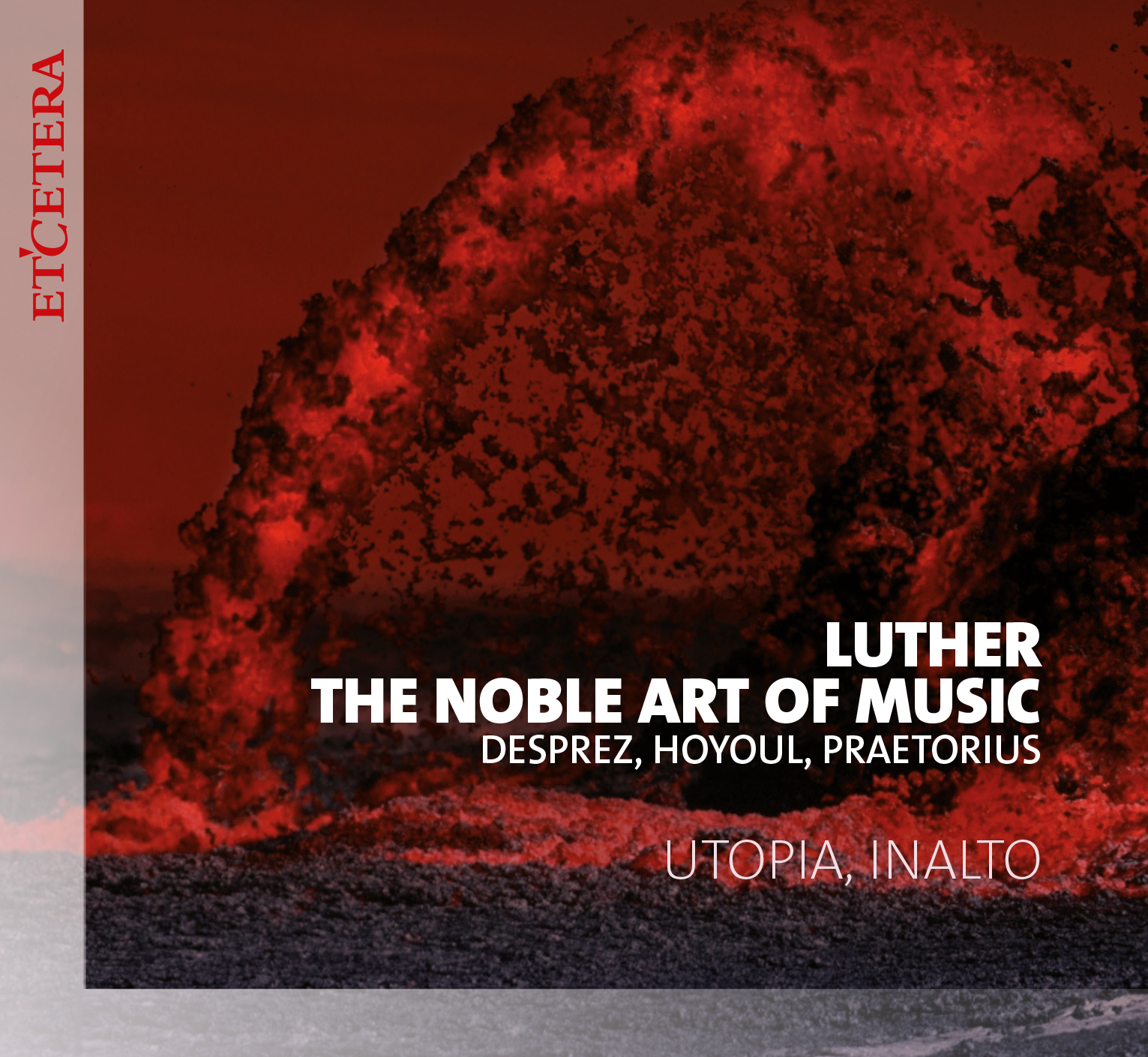
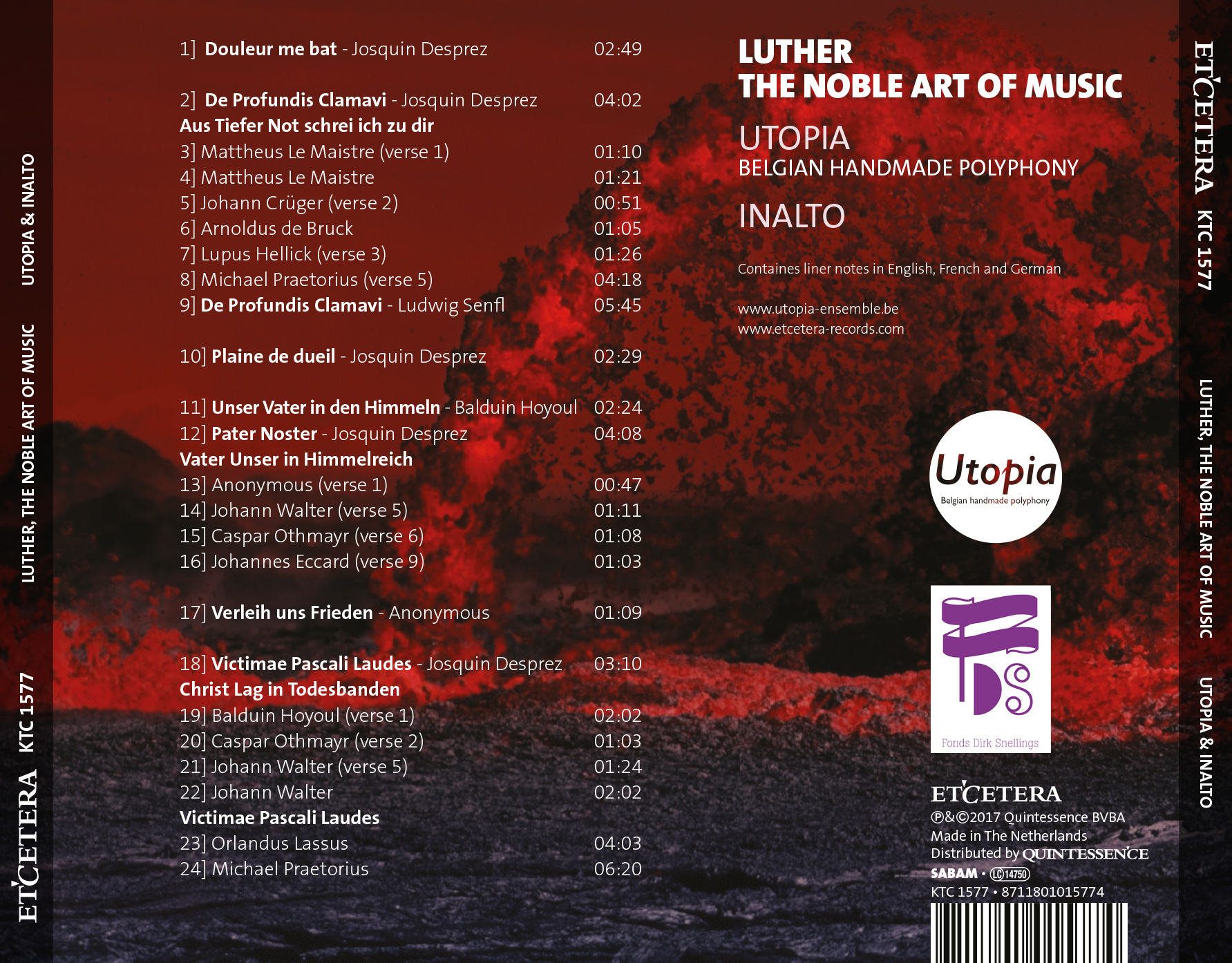

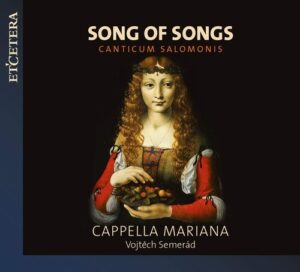
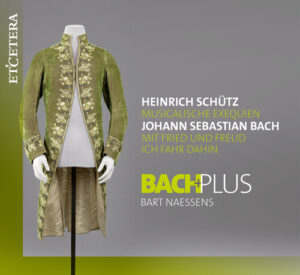
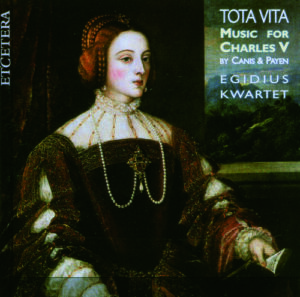
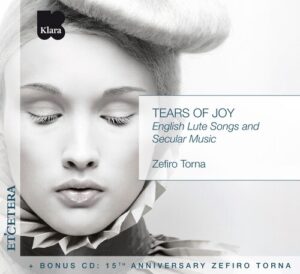
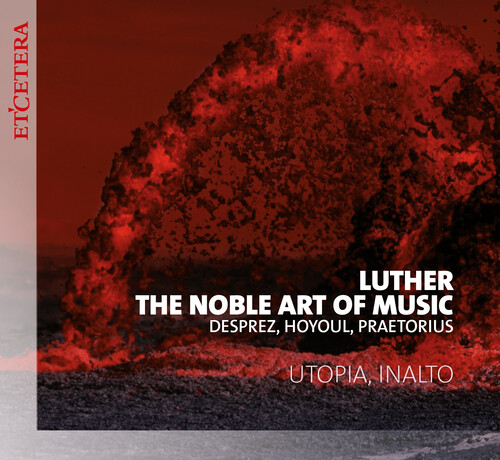
Reviews
There are no reviews yet.